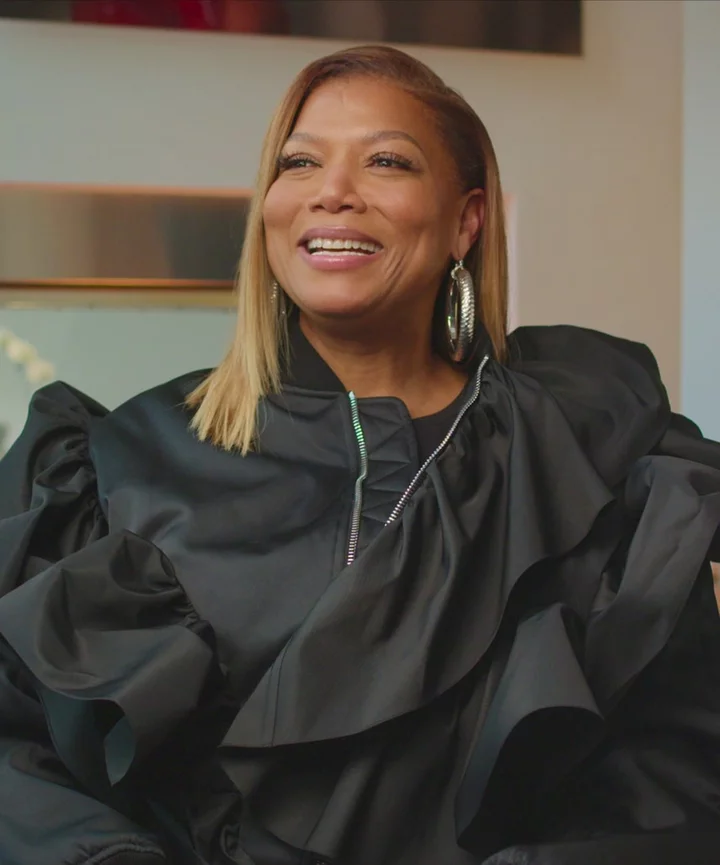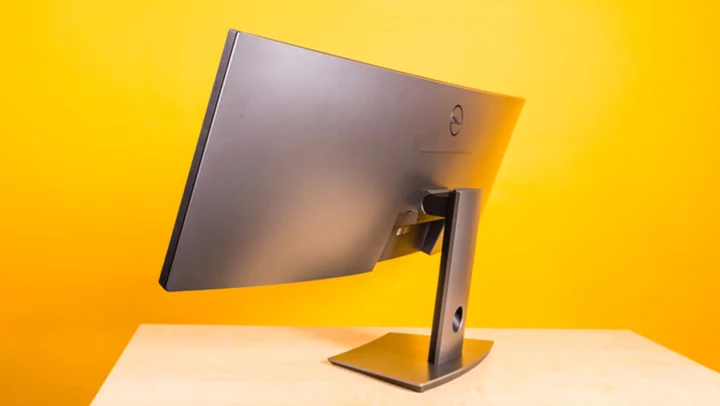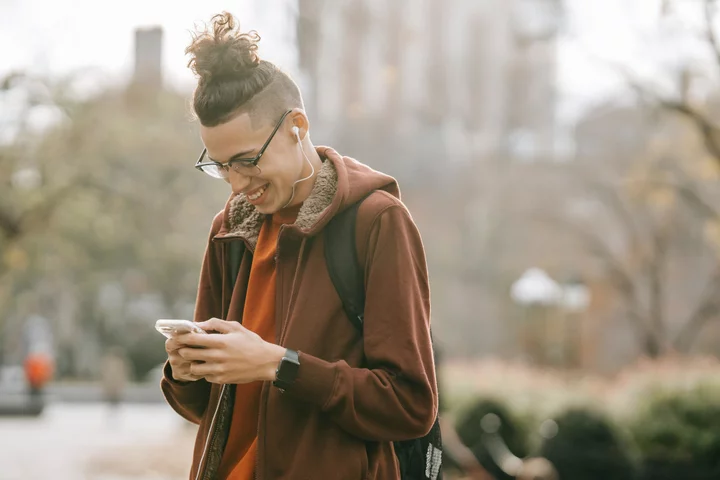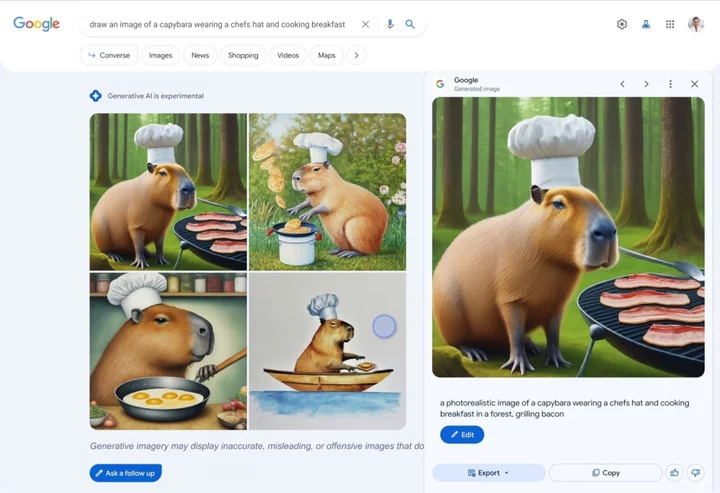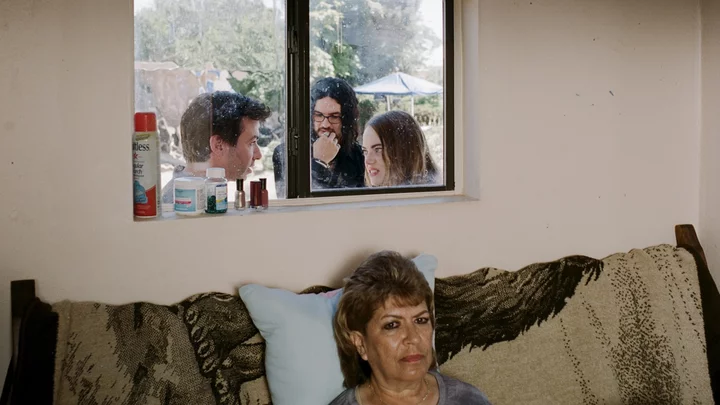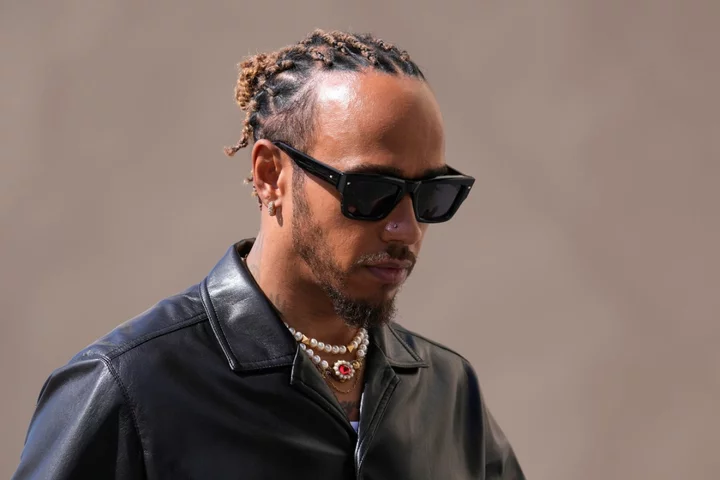A day before the premiere of the Netflix documentary series Ladies First: A Story of Women in Hip-Hop, dream hampton tweeted, “It is not lost on me, for instance, that we’re dropping our series on women in hip-hop the day after [Tory Lanez] was sentenced for shooting Meg [The Stallion], one of hip-hop’s biggest stars or that the ‘culture’ has spent a lot of time trolling her, not the actual troll.” The filmmaker ended with,”Happened to Dee [Barnes] 30 years ago,”
Dee Barnes is a pioneering musician and hip-hop journalist who experienced intense mistreatment by her peers in the music industry after she was physically assaulted by Dr. Dre in 1991. Her story unfolds in “What Have They Lost?,” episode 3 of the Netflix docuseries, and reveals the grotesque nature of misogynoir in hip-hop and how it impacts the women who champion the genre. The episode also features Drew Dixon, an influential A&R executive whose contributions to hip-hop were erased because of the alleged assault she experienced by Russell Simmons.
Since the series was released last week, Dixon and hampton have received an influx of misogynistic comments questioning their credibility, their knowledge of the culture, and their intellect on social media. One conversation on August 16 resulted in a tweet from Drew Dixon: “This is why I dreaded the 50th anniversary of hip[-hop]. Too much pain. Too much bullshit. And too many toxic clowns. I hope the next 50 years of hip-hop treats the women in the culture with the respect we deserve.”
It goes without saying that Ladies First: A Story of Women in Hip-Hop is reflecting what Black women in hip-hop are experiencing today and what they have always experienced. The ability to love and champion a culture that doesn’t always love us back — even though, without women, the culture would cease to exist.
“We as Black folks are trying to be in this space of Black joy and trying to celebrate and not always bring the pain and the trauma,” dream hampton says to Unbothered. “But the erasure of that is what keeps it stunted.”
In order for women in hip-hop to exist, in order for the culture to survive, stories like this have to continue to be told. “There’s a story that is still unfolding but needs to be told because we don’t know when we’re gonna get another opportunity to have these platforms invest so much time and energy and money into telling these stories,” says Kathy Iandoli, author of God Save the Queens: The Essential History of Women in Hip Hop and documentarian. “I think that is where there’s a huge problem when you create the story about women in hip-hop, because no one in years prior had been investing in that storytelling.”
In recent years, documentaries about hip-hop have increased, but few have solely focused on women. My Mic Sounds Nice: The Truth About Women And Hip Hop, a 2010 Ava Duveray documentary, chronicled the rise of women in hip-hop from 1980s to 2010. The film ends on Nicki Minaj, a then rising star with promise.
Jeff Sledge, then VP at A&R Battery/Records said this about Nicki Minaj in 2010: “I don’t know if people are like, ‘Okay we need to sign more female MCs because Nicki is having success.’ I think there is still a wait-and-see attitude from labels to see what is going to happen with her and if it’s worth it to open the doors up a little more.”
Thirteen years later, Minaj has received critical acclaim for her contributions to hip-hop and there are more women in hip-hop than ever before. Minaj and Missy Elliott, another pioneering woman in hip-hop, were invited to participate in the docuseries. Their absence was glaring and fans responding on social media accused the series of trying to erase the rappers from history. In a series of tweets from Shawn Allen, a podcaster affiliated with the docuseries, alleged that Minaj and Elliott did not license their music or videos for use. Although the rappers were not present in the series, their contributions and impacts were vocalized by numerous women in the series.
How will we learn from the blessings and sacrifices of elder women in hip-hop? How can the blueprint of the past inform the ways we find liberation in the future? Will hip-hop ever find a way to truly protect and cherish its women?
Contemporaries like Rapsody pay homage to pioneers like MC Sha-Rock or GloRilla collaborating with Gangsta Boo before her passing; the docuseries excels at branching movement between the various generations to provide a comprehensive approach to women in hip-hop. Although not one docuseries can encapsulate the full lineage of women in hip-hop, Ladies First is an attempt at presenting the full spectrum.
“It’s our job as the people working on the thing to be as inclusive as possible,” says Syreeta Gates, archivist and founder of The Gates Preserve. “What does it ensure for us that Nicki is in the joint? Gates, whose archival work includes The Remix: Hip Hop X Fashion, served as a producer and archivist on the series.
Minaj’s absence, along with Missy Elliott’s, was supplemented with expert interviews about the impact of their careers in hip-hop. At the time of the documentary’s filming, rappers like Sexyy Red were not even a part of the cultural zeitgeist. “Because we are evolving at such a fast pace, because we have technology. There’s no possible way for these big institutions in particular to put out something this robust that’s gonna be current,” said Gates.
No one would have been able to predict that the timing of the Netflix docuseries would coincide with the sentencing of Tory Lanez, or that Dee Barnes and Drew Dixon would be thrust back into the spotlight they deserve. That’s the thing about hip-hop. It’s constantly reminding us of the past, in order to move the culture forward. Like a producer rummaging through a stack of crates in search of the perfect record to sample, hip-hop circles back to the past in order to bring something new to the forefront. We are not the first generation to address misogyny and misogynoir in hip-hop. We are not the first generation to critique the ways in which capitalism and patriarchy have influenced hip-hop. However, hip-hop has brought these conversations back to the culture in order to see what this current iteration of women in hip-hop is going to do about it.
How will we learn from the blessings and sacrifices of elder women in hip-hop? How can the blueprint of the past inform the ways we find liberation in the future? Will hip-hop ever find a way to truly protect and cherish its women?
“What’s happening right now is that it’s going to be a truly ladies first era,” says Iandoli. Today’s hip-hop landscape is ushering in a new era where men are present, but women are at the forefront. We are now in a moment where pioneers like Roxanne Shanté are vindicated. We’re finally seeing a shift from the male-centered mindset that dominated hip-hop for the past fifty years, but the overwhelming amount of women rappers does not overshadow the ways in which men are still very much in control of the genre. Yes, there is cause for celebration about the influx of diverse, wide ranging women rappers but the culture has yet to fully orient itself around them. The new era of women in hip-hop has a lot to work on, but thankfully a lot of elder women have paved the way about what hip-hop should be about.
Hip-hop should be a place where Dee Barnes and Drew Dixon do not feel alone when trolls attempt to berate them on the Internet. A click on the #LadiesFirst hashtag will reveal sentiments of support towards the two from admirers and fans across social media. The “Ladies First” generation is different.
“I think what’s possible now is like this amazing dichotomy between the generations in hip-hop in a way we’ve never seen,” says Gates. “Whether it’s like younger stylists working with Misa [Hylton] and or June [Ambrose]. Brooklyn White doing a project with Joan Morgan or dream hampton. That’s what I need.”
Although the future of women in hip-hop is unknown, Ladies First attempts to reorient the contributions of the women hip-hop pushed to the sidelines, in order to make a way for their future.

